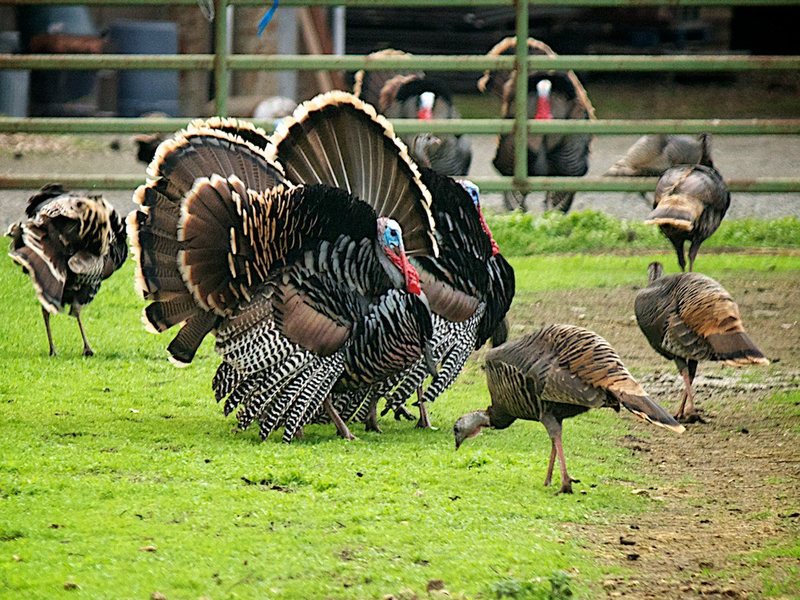Turkeys Are Natural Omnivores
Turkeys are naturally omnivorous, eating bugs and worms in addition to grass and other vegetation when raised on pasture or in the wild. However, consumer demand for “vegetarian fed” turkeys has led some farms to adopt vegetarian feeding programs. Despite turkeys’ natural diet, certain flocks are fed only vegetarian diets to meet this market demand, allowing them to label their products as “vegetarian fed.”
Nutritional Care and Diet Changes
A turkey’s diet changes approximately ten times over its life to meet its nutritional needs. Butterball employs nutritionists who monitor and formulate feed recipes for each stage of a turkey’s life. These diets include essential vitamins and probiotics, ensuring the health of the turkeys. As the nutritionist noted, “Nothing we put in turkey feed can’t be put in my mouth.”
Year-Round Commitment
Raising turkeys is a full-time, year-round job. Farmers tend to their turkeys every day, including holidays. They monitor each turkey house at least twice daily, with computers tracking conditions such as temperature and feed levels. A backup system and alerts to the farmer’s cell phone ensure immediate responses to any issues. Company veterinarians are also on call, often visiting farms to check on turkeys when needed.
Prescription-Only Medications
Antibiotics are not stored on turkey farms. If a turkey or flock shows signs of illness, the farmer contacts a service technician or veterinarian. If treatment is required, the veterinarian prescribes antibiotics, which are then dispensed from a warehouse. Strict withdrawal times ensure that any medication has cleared the turkeys’ systems before processing. Butterball’s diagnostic lab performs necropsies to determine causes of death and inform treatment decisions, ensuring flock health. Hormones or steroids are not used in turkey farming.
Feather Development
Young turkeys, when first hatched, have soft, fluffy down feathers. They naturally lose these baby feathers and grow adult feathers over time, similar to how children lose baby teeth. Some parts of a turkey’s body are naturally featherless, which is a normal aspect of their development.
Social Nature of Turkeys
Contrary to what one might think when seeing turkeys huddled together, they are not cramped but prefer being close to one another. Turkey houses are spacious, often larger than football fields, providing ample room. Turkeys are sociable birds and naturally stick together. When visitors enter the turkey house, the birds gather around and move as a group, displaying their social behavior, which the farmer referred to as “popcorning.”
Source: Successful Farming
